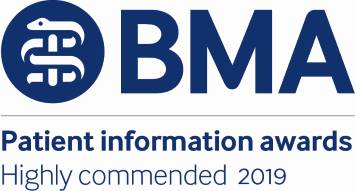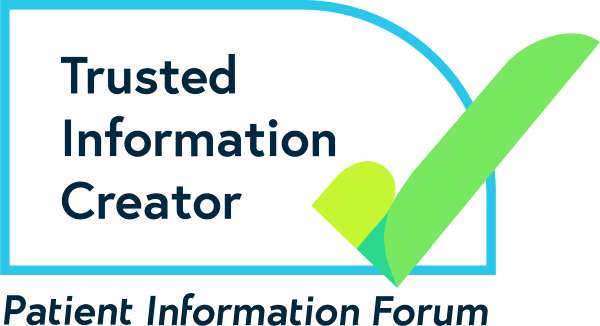What is paruresis?
Paruresis is described as "An inability to urinate in the presence, real or perceived, of others". Common names for the condition are Shy Bladder, Bashful Bladder or Pee Shy. A medical description is Psychogenic Urinary Retention.
Paruresis is recognised as a social anxiety disorder rather than a social phobia. It affects both men and women, of all ages and backgrounds.
Paruresis is sometimes called avoidant paruresis as people who experience it tend to avoid situations where they may find it difficult to pee.
For a more detailed insight as to how this may affect an individual, including the implications of workplace urine testing click here.
How can I be cured?
There may be no 100% cure but help is available. On this website we recommend coping strategies that have proved to be very successful in helping to overcome shy bladder syndrome, and greatly improve an individual sufferers quality of life.
Techniques of cognitive therapy can help a lot. We use this at our weekend workshops and most participants report such a significant benefit that they enthusiastically recommend the workshop route as a way forward.
We also believe that talking with as many fellow sufferers as possible is helpful, and so an anonymous forum is available.
Recommended Coping Strategies
CBT for Paruresis (https://www.ukpt.org.uk/living-with-paruresis/cbt-and-paruresis)
UKPT Workshops (https://www.ukpt.org.uk/paruresis-workshops)
UKPT Forum (https://www.ukpt.org.uk/ukpt-forum)
Warning & Disclaimer
This website is not a substitute for medical advice and does not constitute the practice of medicine, psychiatry, clinical psychology, clinical social work or any other mental health profession. If you are having trouble urinating, you should always contact a G.P. because difficulty with emptying the bladder can be a symptom of a serious physical medical condition.
We are a group of people who have suffered with avoidant paruresis. We have organised ourselves into a self-help organisation to help people cope with urinary dysfunction that has a psychological or social origin. On this website, we are not practising medicine, psychiatry, clinical psychology, clinical social work or any other mental health profession.
You should have your doctor evaluate your condition before diagnosing yourself, and seek the appropriate necessary mental health counselling if warranted. The UKPT disclaims all legal liability whatsoever.









